Saudi Arabia has executed 330 people in 2024, marking the highest number in decades
Saudi Arabia Executes 330 People in 2024, Marking the Highest Number in Decades
In a chilling and controversial development, Saudi Arabia has executed 330 individuals in 2024, marking the highest number of executions in the country in decades. This sharp increase in capital punishments has raised alarm internationally and reignited debates over the kingdom’s human rights record, its use of the death penalty, and its judicial practices. As the number of executions continues to rise, the question remains: what does this mean for Saudi Arabia’s international standing, and how will this impact its future relations with global partners?
A Grim Milestone: The Statistics
According to reports, 2024 has seen a dramatic uptick in executions, with 330 people put to death as of late December. This marks a significant rise compared to previous years, with the figure surpassing the total number of executions recorded in the kingdom for many years. Saudi Arabia has long maintained one of the highest rates of executions in the world, often using the death penalty as punishment for a wide range of crimes, including murder, drug trafficking, terrorism-related offenses, and apostasy.
While the specific reasons for this sharp increase have not been fully explained by Saudi authorities, it appears to reflect a heightened commitment by the government to combat what it describes as terrorism, organized crime, and other serious offenses. Additionally, the rise in executions may be connected to an ongoing crackdown on dissent, as Saudi Arabia has also been accused of using the death penalty to silence political opposition and stifle freedom of expression.
The Death Penalty in Saudi Arabia: A Legal and Moral Debate
The practice of executing individuals in Saudi Arabia has long been a point of contention, both domestically and internationally. The kingdom’s strict interpretation of Islamic law, known as Sharia, often dictates the application of the death penalty, particularly for offenses deemed as serious violations of religious or social codes. The Saudi legal system allows for executions by various methods, including beheading, firing squad, and, in some cases, stoning.
Human rights organizations have consistently condemned the widespread use of the death penalty in Saudi Arabia, arguing that the trials leading to executions often fail to meet international standards of fairness and transparency. Many executions are carried out following trials that lack independent judicial oversight, and defendants sometimes face charges that are vaguely defined or politically motivated. Furthermore, there are concerns about the use of torture to extract confessions from accused individuals, particularly in cases related to political dissent or activism.
Amnesty International has repeatedly called for the abolition of the death penalty in Saudi Arabia, pointing out that executions disproportionately affect marginalized and vulnerable groups, including foreign workers, individuals from minority religious communities, and political activists. The global outcry against the use of capital punishment in the kingdom has intensified as the number of executions has risen, drawing widespread condemnation from human rights advocates and foreign governments alike.
Political and Social Implications
The spike in executions has significant political and social implications for Saudi Arabia. Domestically, it may be viewed by the ruling government as a necessary measure to maintain stability and curb crime. King Salman bin Abdulaziz Al Saud and Crown Prince Mohammed bin Salman (MBS) have frequently emphasized the importance of maintaining law and order, particularly in the face of ongoing regional conflicts, economic challenges, and internal unrest.
However, the increase in executions could also stir social and political tensions within the kingdom. Many Saudis are deeply conflicted about the morality and fairness of the death penalty, and as executions become more frequent, these debates may gain more traction. The pressure for judicial reform and more transparency in legal proceedings could grow, particularly from younger generations who are increasingly aware of international human rights standards.
Additionally, the increased use of capital punishment could fuel discontent among Saudi Arabia’s international allies. Despite its close ties with Western countries, particularly the United States and the United Kingdom, Saudi Arabia’s human rights record has long been a source of friction. The kingdom’s increasing reliance on the death penalty could strain diplomatic relationships, especially as Western governments come under pressure from human rights organizations and their own citizens to take a stronger stance on Saudi Arabia’s practices.
International Reactions and Diplomatic Fallout
The international response to Saudi Arabia’s record number of executions has been swift and critical. Human rights organizations such as Amnesty International, Human Rights Watch, and the United Nations have condemned the increase in executions, calling for the country to halt the practice and adhere to international human rights standards. In particular, these organizations have pointed to the lack of due process in many death penalty cases and the use of executions as a tool of political repression.
The European Union has also expressed deep concern over the rising number of executions, with several member states urging the Saudi government to reconsider its approach to capital punishment. Despite these calls, Saudi Arabia’s leadership has shown little indication of changing its policies or engaging in a broader dialogue about human rights reforms.
Saudi Arabia’s economic and political influence in the Middle East and beyond complicates the global response. The kingdom’s vast oil reserves and its strategic role in global energy markets make it a crucial ally for many countries, and some governments are reluctant to take strong action against the monarchy for fear of damaging lucrative trade deals or regional alliances. However, the growing public pressure for a change in the kingdom’s human rights practices could force some countries to reconsider their diplomatic and economic ties with Saudi Arabia.
The Future of the Death Penalty in Saudi Arabia
Looking ahead, the future of the death penalty in Saudi Arabia remains uncertain. While the kingdom has made some incremental reforms in recent years, including a reduction in the number of executions for non-violent drug-related offenses, the overall trend has been a continued reliance on capital punishment. The Saudi government’s stance on the death penalty is unlikely to change in the near future, particularly as Crown Prince Mohammed bin Salman consolidates power and continues his ambitious plans for economic and social reforms under his “Vision 2030” initiative.
However, as the international community intensifies its scrutiny of Saudi Arabia’s human rights record, the kingdom may find itself facing growing diplomatic pressure to curb its use of the death penalty. The outcome of this pressure will depend on how Saudi Arabia balances its economic and political interests with its desire to maintain its image as a modernizing nation in the eyes of the world.
In Conclusion
The execution of 330 individuals in Saudi Arabia in 2024 is a stark reminder of the kingdom’s ongoing use of the death penalty and the controversial role it plays in its legal and political system. While the Saudi government maintains that such measures are necessary to preserve law and order, the global community continues to call for an end to capital punishment and greater adherence to human rights standards. As Saudi Arabia navigates these complex domestic and international issues, the future of the death penalty in the kingdom remains a key point of contention on the world stage.
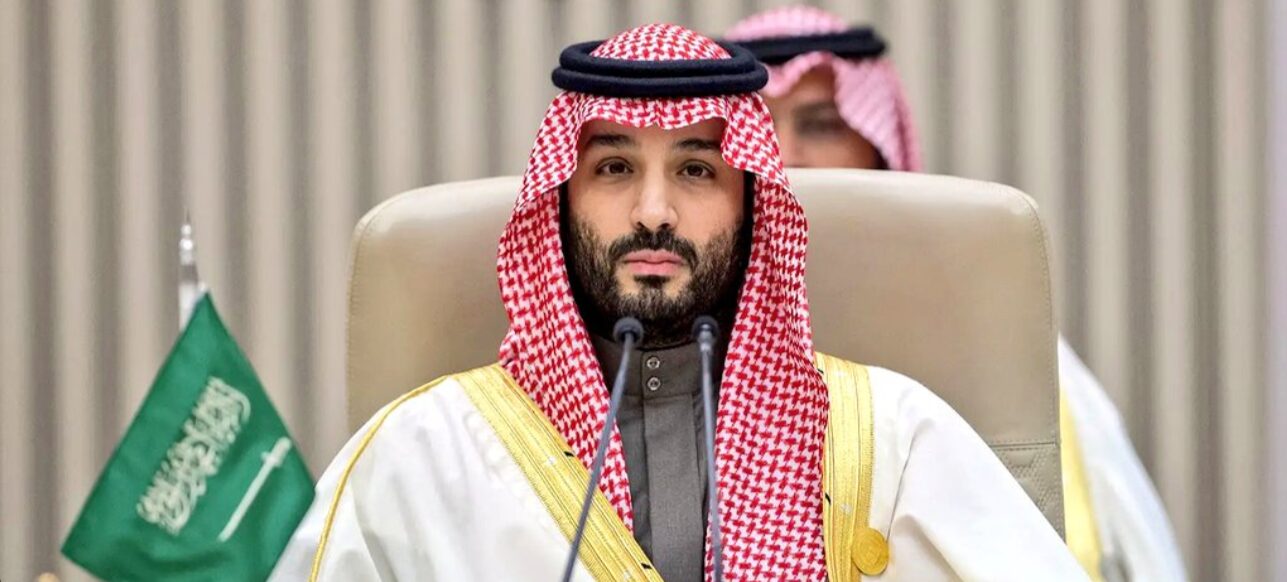




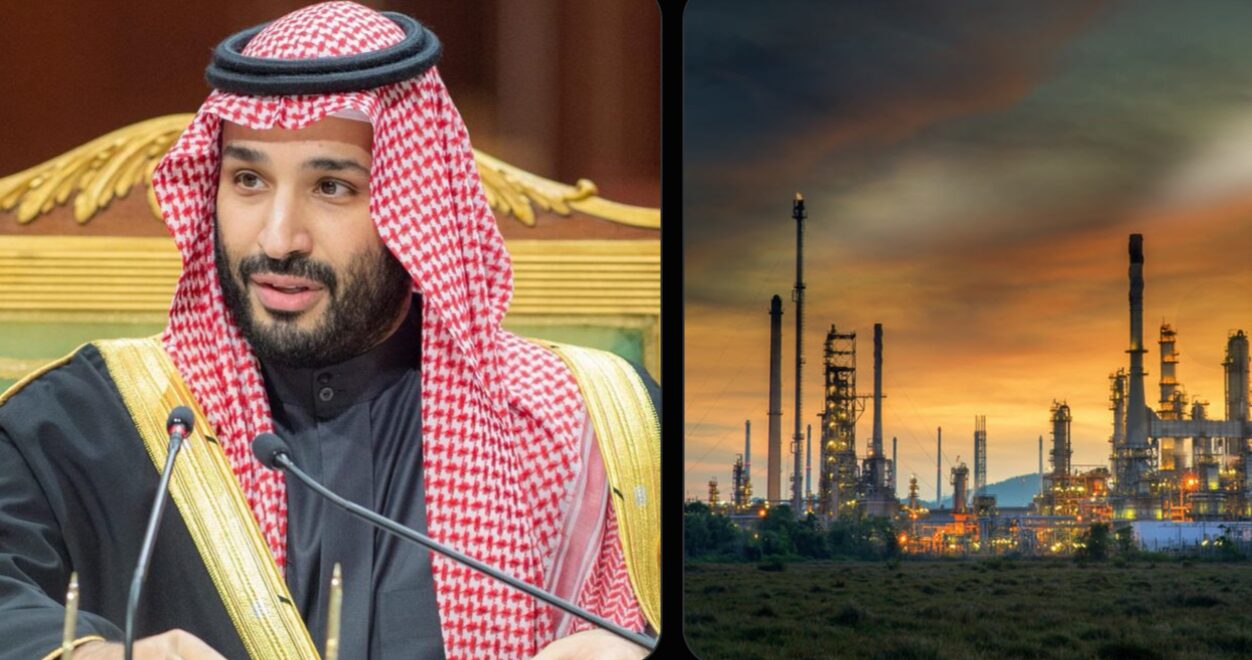
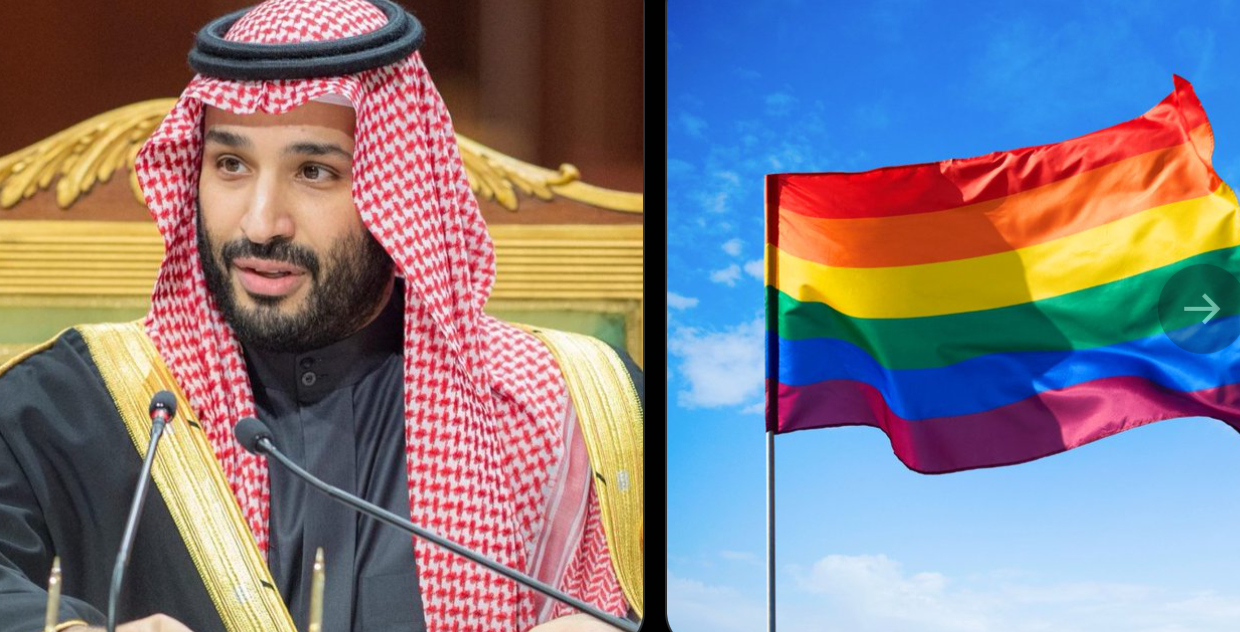
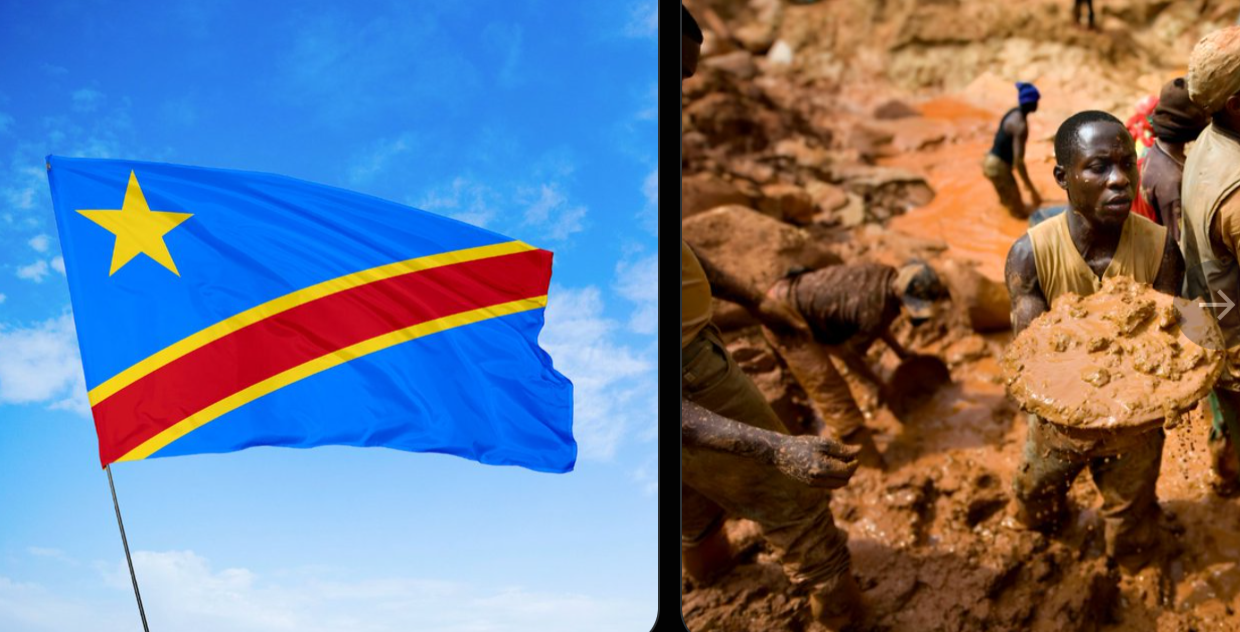
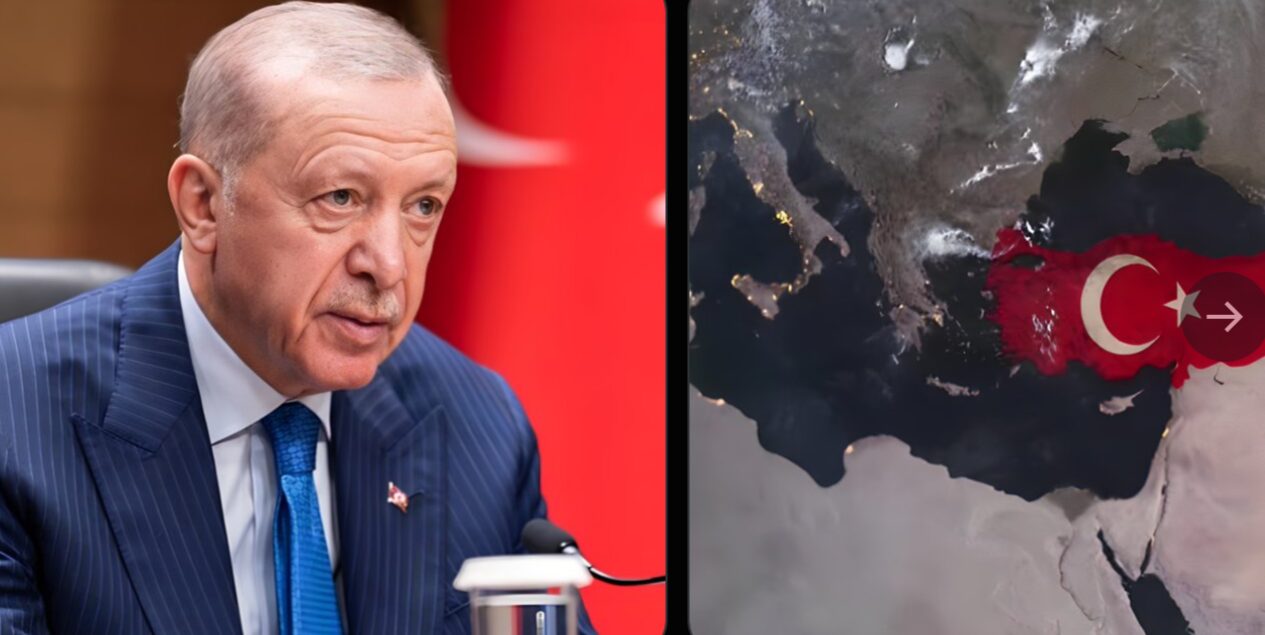








Post Comment